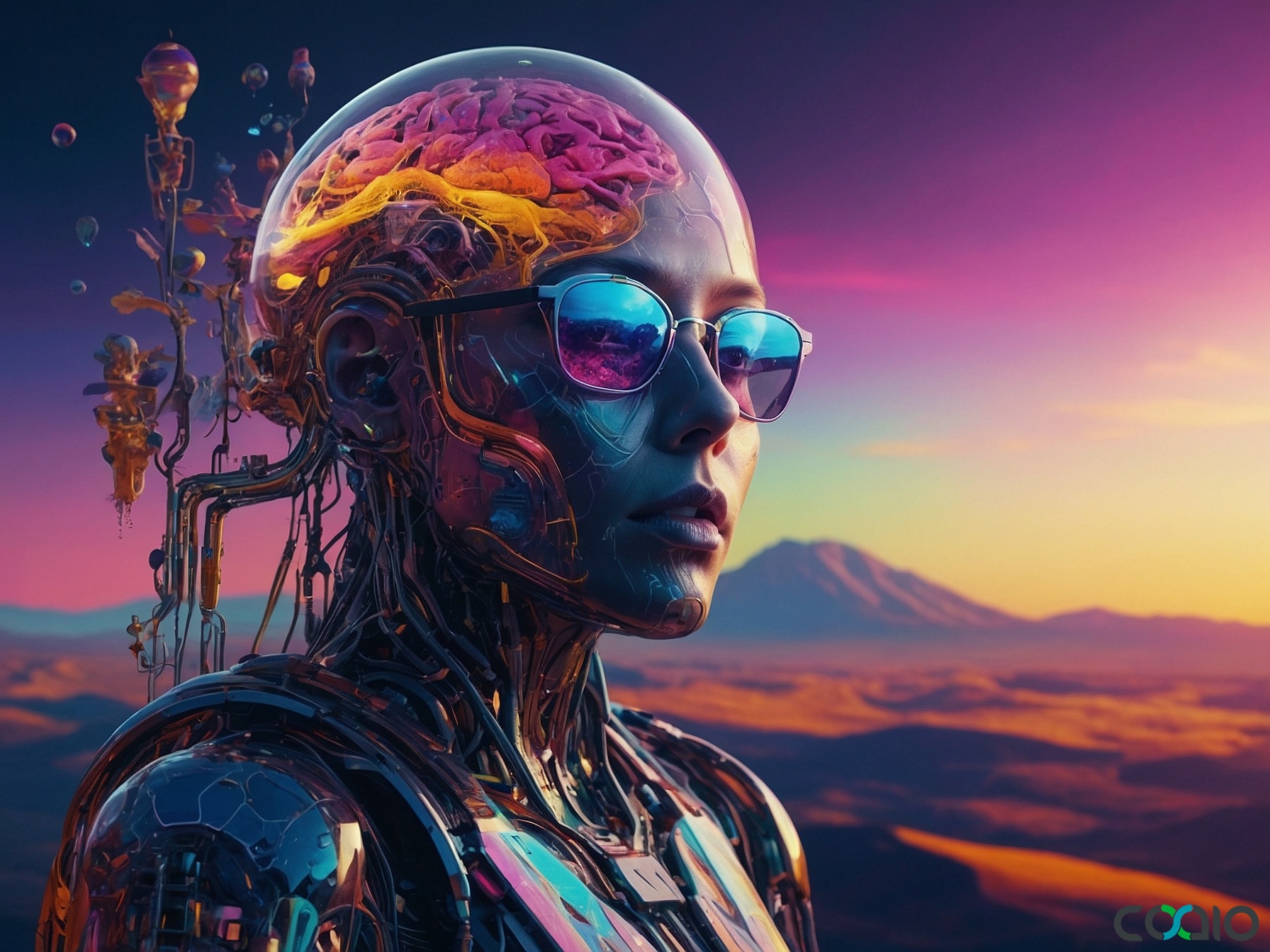
ソフトウェア開発におけるAI革命:2025年に向けた摩擦ポイントの克服とスマートなコーディング
As of July 12, 2025, the software development landscape is buzzing with advancements in AI integration, productivity tools, and corporate shakeups that are reshaping how developers work. While AI promises to streamline coding processes, recent reports highlight persistent challenges that could hinder progress. This article dives into the latest developments, drawing from key sources like SD Times and TechCrunch, to explore how these trends are influencing the industry. From productivity gains being offset by friction points to new tools for AI agents and corporate delays, developers are navigating a complex ecosystem. We’ll examine these stories in detail, offering insights into their implications for the future of tech.
The Double-Edged Sword of AI in Developer Productivity
Artificial intelligence has been hailed as a game-changer for software development, promising to automate routine tasks and accelerate innovation. However, a recent report from Atlassian sheds light on the limitations of this technology. According to Atlassian’s 2025 State of Developer Experience report, 99% of developers are saving time with AI tools, with 68% reporting savings of at least 10 hours per week. Despite these gains, the report reveals that other friction points in the software development life cycle are canceling out these efficiencies. Issues such as integration challenges, tool compatibility, and workflow disruptions mean that developers are still losing valuable time elsewhere.
For instance, developers often face delays in debugging, code reviews, and deployment due to incompatible systems or outdated processes. This creates a bottleneck that undermines the overall productivity boost from AI. The full report, available on SD Times, emphasizes the need for a more holistic approach to developer experience Read more. As teams strive to adopt AI more effectively, the key takeaway is that technology alone isn’t enough; it must be paired with streamlined processes and better collaboration tools.
This balance is crucial for startups and growth-stage companies looking to scale quickly. In an era where speed to market can make or break a business, addressing these friction points could mean the difference between success and stagnation. By focusing on comprehensive solutions that tackle the entire development lifecycle, organizations can truly harness AI’s potential.
Innovations in AI-Native Reliability Engineering
Another significant development is the evolution of reliability engineering, traditionally a reactive field, now being transformed by AI. SD Times recently covered “Vibe Loop,” an AI-native approach that promises to shift from mere observability to proactive system management. Building on Google’s foundational Site Reliability Engineering (SRE) principles from nearly a decade ago, Vibe Loop leverages AI agents to predict and prevent issues before they escalate.
The article explains how traditional SRE methods have improved system uptime through automation and monitoring, but they’ve remained largely responsive. AI changes this by enabling predictive analytics, where algorithms can anticipate failures based on patterns in data. For example, AI agents can analyze logs in real-time, identify anomalies, and automate fixes, reducing downtime and enhancing overall system reliability Read more. This is particularly relevant for complex software systems in cloud environments, where even minor outages can lead to significant financial losses.
Developers and operations teams are already experimenting with these tools, integrating them into DevOps pipelines to create more resilient applications. As businesses increasingly rely on digital infrastructure, AI-native reliability engineering could become a standard practice, fostering a more stable and efficient tech ecosystem.
Enhanced Tools for Building and Running AI Agents
Docker, a staple in the developer toolkit, has rolled out new features in Compose that simplify the creation and deployment of AI agents. According to SD Times, these updates allow developers to define open models, agents, and MCP-compatible tools directly in a compose.yaml file. With a simple command—docker compose up—teams can launch an entire agentic stack, streamlining what was once a cumbersome process.
This enhancement integrates seamlessly with popular agentic frameworks, making it easier to build, ship, and run AI-driven applications. For developers working on projects involving machine learning models or automated agents, this means faster prototyping and reduced setup time. The SD Times piece highlights how these features are democratizing AI development, enabling even smaller teams to experiment with advanced technologies Read more. In a world where AI agents are increasingly used for tasks like customer service automation or data analysis, tools like Docker Compose are leveling the playing field.
These advancements underscore the growing accessibility of AI, but they also raise questions about security and scalability. As developers adopt these tools, ensuring that agents are robust and ethical will be paramount.
Corporate Shifts: OpenAI’s Delayed Release and Acquisition Woes
Shifting gears to the corporate side, OpenAI has once again postponed the release of its open model, as reported by TechCrunch. CEO Sam Altman announced the indefinite delay, citing the need for further refinements to ensure safety and performance. This marks another setback for the company, which has faced scrutiny over its AI ethics and development pace. The delay could impact developers relying on OpenAI’s models for projects, potentially slowing innovation in areas like natural language processing Read more.
In a related story, TechCrunch covered the fallout from OpenAI’s failed acquisition of Windsurf. The deal collapsed amid regulatory hurdles, and Windsurf’s CEO has moved to Google, though Google isn’t taking a stake in the company. This move highlights the competitive tensions in the AI space, with giants like Google and OpenAI vying for talent and technology Read more. Such corporate maneuvers can create ripples in the developer community, affecting tool availability and partnership opportunities.
These events illustrate the volatile nature of the AI industry, where strategic decisions can influence global tech trends. For developers, staying informed about these shifts is essential to adapting strategies and choosing the right technologies.
In reflecting on these developments, it’s inspiring to consider how visionaries are redefining the tech world. Imagine a landscape where innovative ideas flourish without the drag of operational hurdles—a world where, much like a well-oiled machine, software development flows seamlessly, allowing creators to focus purely on their breakthroughs. This echoes a forward-thinking approach that prioritizes efficiency and idea-driven success, turning potential pitfalls into pathways for growth.
About Coaio
Coaio Limited is a Hong Kong-based tech firm that specializes in outsourcing software development and building expert teams in Vietnam. We offer comprehensive services including business analysis, competitor research, risk identification, design, development, and project management, delivering cost-effective, high-quality software solutions for startups and growth-stage companies, particularly those in the US and Hong Kong markets. With our user-friendly designs and efficient tech management, we help clients minimize risks and focus on their core vision, making the path to success smoother and more achievable.
 English
English
 Français
Français
 Español
Español
 廣東話
廣東話
 中文
中文
 日本語
日本語
 한국어
한국어
 العربية
العربية
 Deutsch
Deutsch

